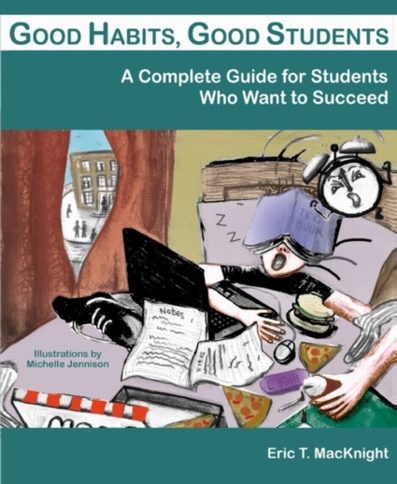[Note: This was written before revelations about Bill Cosby’s personal behavior made him someone whose words one would hesitate to quote, even if the words themselves are exactly right.]
As I have written before, a teacher’s first job is to inspire students to learn. Konrad Glogowski has written along similar lines about “passion-based learning,” and my Grade 8 students recently read his article and added their own thoughts on their class blog.
Reading their posts, I find some common threads about what teachers can do to inspire their students.
1. Be passionate yourself, and share your passion with your students. Most of my students agree that an uninspired teacher will not inspire students. “I believe that teachers being passionate in teaching is the key to everything,” writes a Grade 8 girl.
2. Explain why. Repeatedly my students say that when they don’t understand the point of an activity or lesson, they lose interest. History lessons seem to be a particular problem (“Who wants to learn history? The stuff in the past doesn’t matter anymore. What does matter instead is the future.”) but any topic can seem irrelevant if its relevance is never explained. By chance I came across an article in Teacher Magazine in which comedian Bill Cosby is interviewed on exactly this subject. Cosby tells about a speaking engagement in which he discovered that one of the panel members was a math teacher.
I said, “Perfect. I’ll be the kid.” He looks at me. I said, “You’re the teacher.”
I looked at him and I said, “Why I gotta know this?” And he stared back at me. I said, “You teach algebra?” He said yes. I said, “Why I gotta know this?”
I turned to [the audience] and I said, “If you can’t out-argue a kid about your passion, the discipline you’re in, then you might as well take the job, put it down, and go on over to the post office. You’ve got to be able to tell these children the beauty of your passion.”
3. Teach for understanding. If students find a topic boring, 9 times out of 10 they don’t understand it. “Whenever you stop understanding things, you also lose interest . . . .” (On the other hand, if the teacher finds it boring, we have a different problem altogether. See #1, above.)
4. Be supportive, kind, and open. Primary school teachers understand this. Unfortunately, too many secondary school teachers seem to think their first commitment is to the curriculum, not the students. They forget, too, that even though adolescents try to act older than they are, they still respond very well to kindness, and very poorly to its absence. (Who doesn’t, in fact?) Listen to what my students say.
•“I didn’t have to think, Boy, that was a stupid question. . . . The way she taught was really helpful.”
•[When students] “hate the subject and the teacher . . . there won’t be any deep thinking, creative ideas, or enthusiastic debating in class.”
•“There is a teacher that once made English my favourite subject. . . . She was never annoyed at students asking questions and [having to] repeat the explanations over and over. . . . She paid attention to every single student, and thought about our projects together. Since she was an easy person to talk to, many students asked for further advice and guidance. She also constantly encouraged us, and she shared many stories and ideas with us.”
•“Most of the time, I hate the subjects, because I don’t really like the teacher who is teaching it.”
•“Teachers also have to be supportive and kind to all students so that students feel comfortable about talking to teachers about their passions and asking questions about them.”
Students clearly understand the importance of teachers being kind and open, and cultivating positive relationships with students. I wish every teacher understood this, too.

